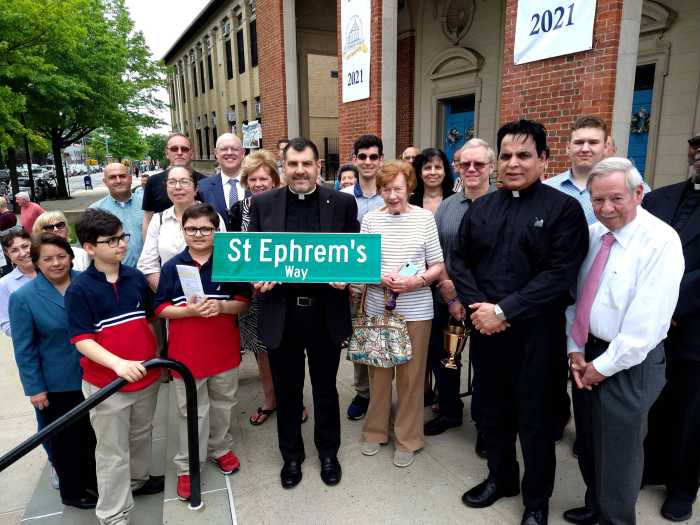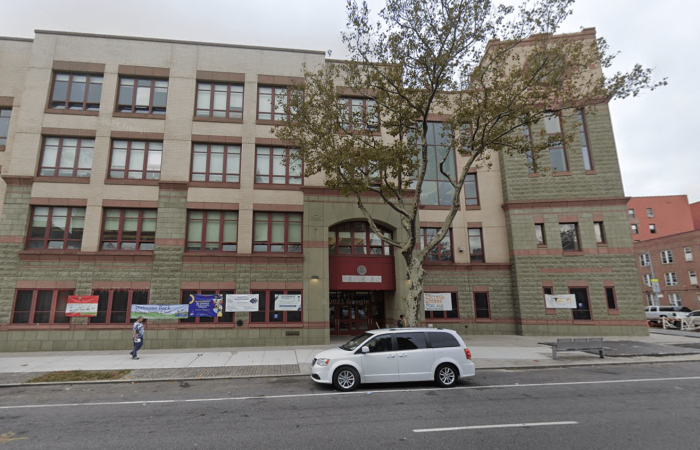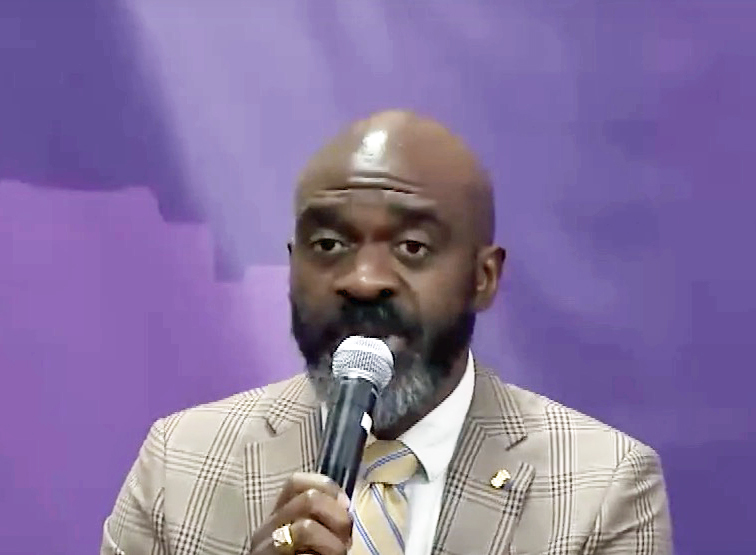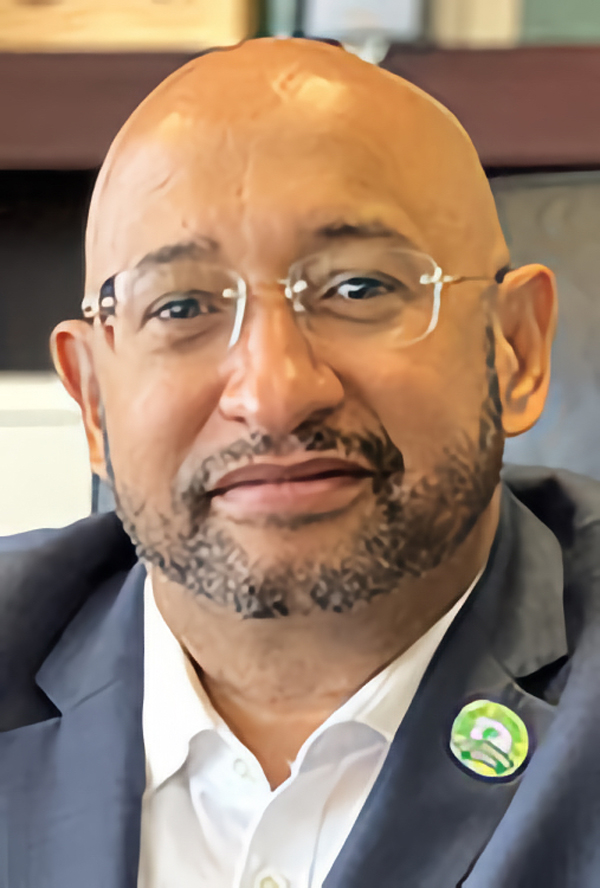The latest conflict between New York City’s public schools and charter school communities reached a conclusion just before the city’s largest charter school system opened for the year.
On Aug. 11, just before Success Academy Charter Schools opened its doors on Monday, Aug. 14, Manhattan Supreme Court Judge Frank E. Lyle tossed a lawsuit filed by the United Federation of Teachers and allowed Success Academy to co-locate its schools in two Department of Education public school buildings – one in at P.S. 225 in Queens, and the other at the Frank J. Macchiarola Educational Complex in Sheepshead Bay.
The UFT and its supporters said they are “very disappointed” in Lyle’s decision, while Success Academy’s founder and CEO, Eva Moskowitz, said the lawsuit as a whole was “unconscionable.”
“It is unconscionable that a union representing educators would try to block schoolhouse doors and bar hundreds of children from starting school. Especially when the majority of those children are underserved,” Moskowitz said in a statement.
A DOE spox said the department is “pleased” with the ruling.
Lawsuit claimed co-locating would violate state regulations
UFT filed suit against the DOE in April, when it claimed the department violated its own regulations and state education law — particularly the Class Size Law. The law requires schools to decrease the number of students in each class by 20% each year until 2028, and they must send an annual report detailing their progress to the state each year.
However, charter schools are exempt from the law — and the UFT said in the lawsuit that co-location — when charter schools are allowed to make use of space in existing city public schools — prevents public schools from complying with the Class Size Law’s requirements. Success Academy was initially approved to co-locate at both the Macchiarola Educational Complex and P.S. 225 in Far Rockaway late last year.
“The DOE has misled parents, the public, and the [Panel for Educational Policy] itself regarding the actual impacts of its proposed co-locations, including both schools’ ability to comply with impending requirements of the new Class Size Law,” the suit alleged.
Frank ruled Friday that the union should have brought the issue to State Education Commissioner Betty Rosa, rather than include it in their lawsuit.
“It was disappointing,” said Dina Kolker, a lawyer who represented UFT in the case. “Based on arguments, the court seemed to understand the statutory when applying the Class Size Law. The court did not address the law and said to bring it to the attention of the commissioner.”
Elizabeth Weinert, a teacher and a UFT chapter leader at Professional Pathways High School at the Macchiarola Educational Complex and a plaintiff in the suit, said while she did not know what to expect on the judge’s decision, there were hints on what would happen in recent weeks.
On June 30, Frank loosened a restraining order so Success Academy could start preparing the two buildings for the coming school year. From there, Weinert says, the energy shifted.

“He gave the rule in one swoop,” she said. “There was a technicality over the New York State commissioner, but he didn’t take into account for the Class Size Law. This is not about the chain of command, but the effects on our community.”
Leonie Haimson, the founder of Class Size Matters, which advocates for smaller classroom sizes, believes the Environmental Impact Statement should have been stronger when it came to describing and analyzing the impact of class sizes.
But Haimson still thinks the judge had the legal authority to rule on the class size law issue, instead of insisting the Commissioner needed to look it over.
But some believe UFT’s lawsuit had little to do with class sizes and more about preventing charter schools from spreading across the city. James Merriman, the CEO of the New York City Charter School Center, is one of them.
“The UFT has a longtime track record,” he says. “Basically, their goal isn’t so much to stop co-locations as to do anything to make it hard for people to choose charter schools because their goal is to have kids in district schools taught by their members. That’s what their concern is and nothing else.”
In a press release, Success Academy said concerns over the class size law may not be as worrisome as some think. The school pointed out that DOE enrollment has continued to decline, leaving up to 527 buildings under-utilized. The Macchiarola Educational Complex was only using 41% of its available space when co-location was approved, per Success Academy, while P.S. 225 had more than 400 empty seats available.
‘The case isn’t about Success Academy’
Even so, UFT will be appealing Frank’s decision this fall. UFT president Michael Mulgrew said it is the best thing to do.
“The DOE is dragging its feet,” he said. “It comes down to the Class Size Law. We need to know what these conditions are. New York City wants the co-locating law but then there’s the Class Size Law. It’s as if the New York State education department has its hands tied.”
Kolker agreed.
“The case isn’t about Success Academy,” she said. “The DOE needs to be held accountable and it has the necessary information here. And we don’t know what it is. It’s a secret.”
Weinert admitted she is exhausted by the ongoing dispute, but said she is willing to continue on with the legal actions. It is for the kids in the neighborhood, she explained.
As for Merriman, he pointed out that Frank J. Macchiarola Education Complex is named after the late chancellor who served from 1978 to 1983. According Merriman, whom was the chief of state for Macchiarola’s city comptroller campaign in 1989, Macchiarola believed in school choice, even when it came to charter schools.
Merriman said he laughed when he realized the connection between the building at the center of a Brooklyn education dispute and the education leader it was named after.
“Holy moly! He would be rolling in his grave,” he said.























